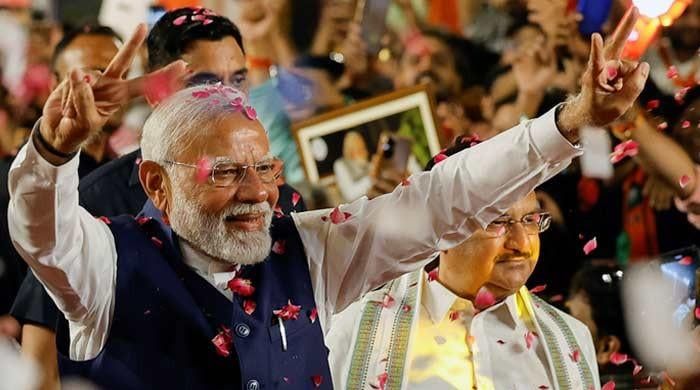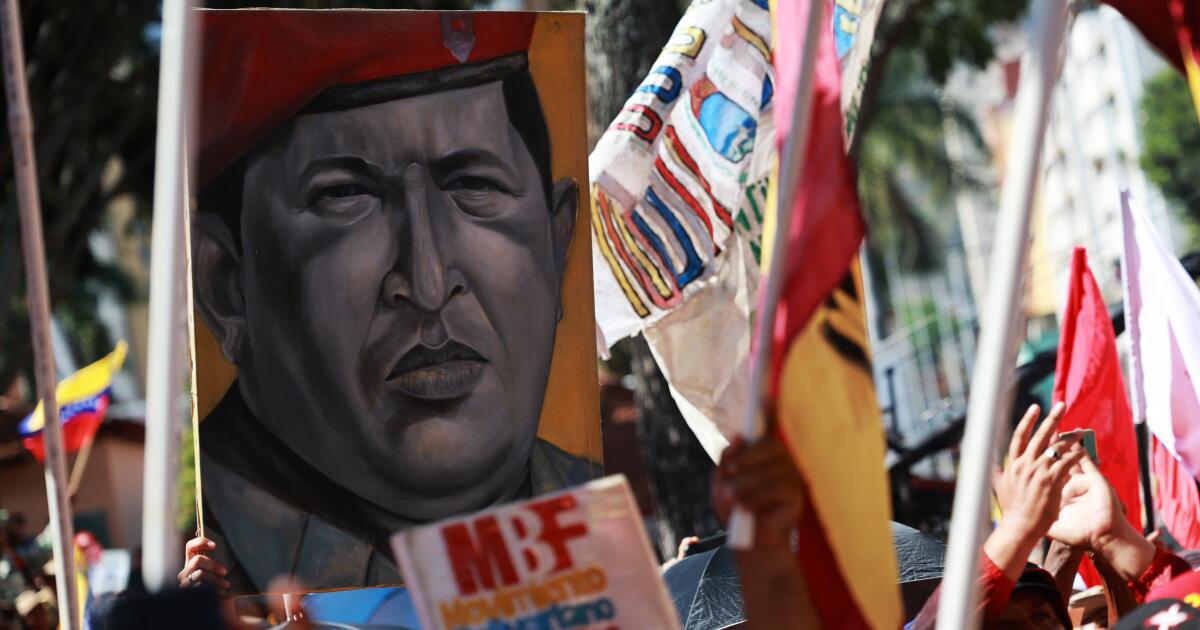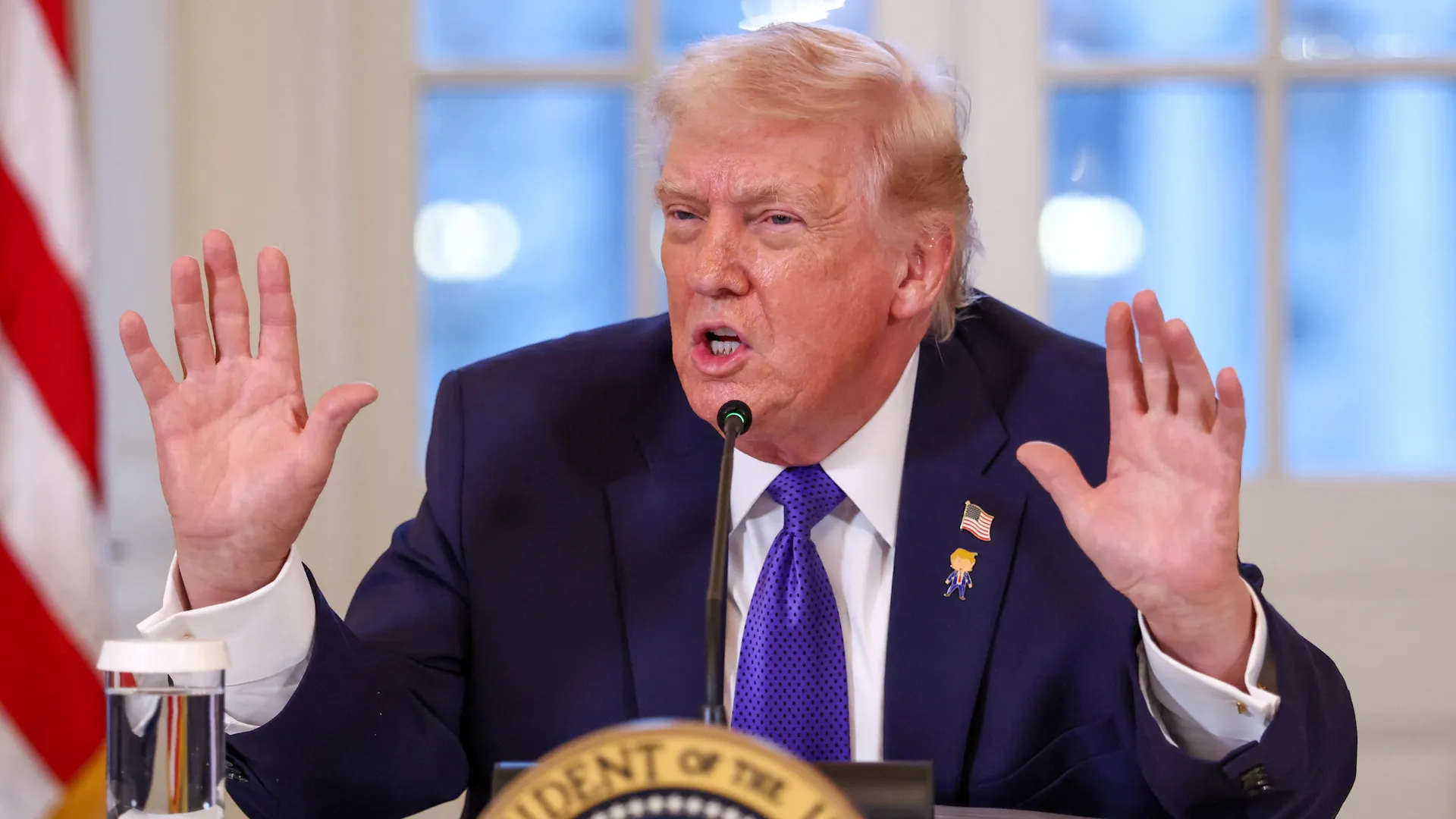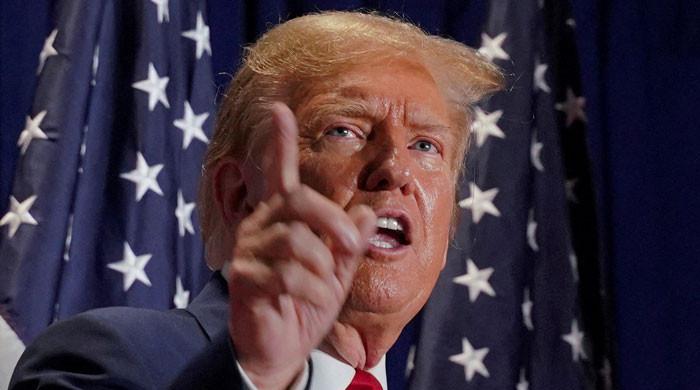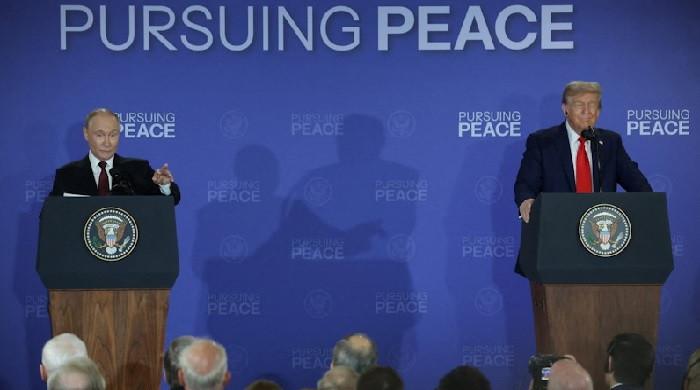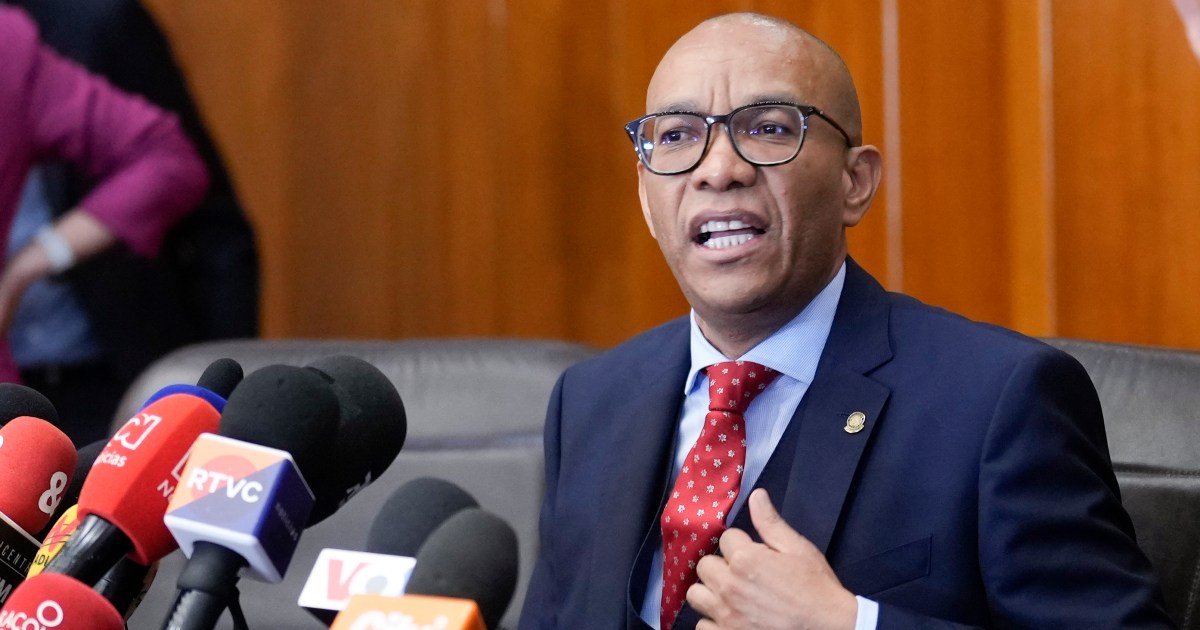- Modi's new council of ministers has no Muslims.
- Lok Sabha has only 24 Muslim representatives out of 543 members.
- The Modi government includes 30 federal ministers and 41 state ministers.
India's huge population comprises a good proportion of Muslims, but Prime Minister Narendra Modi's newly elected government has no place for them as not a single member of the community took oath at the grand swearing-in ceremony in New Delhi. on Sunday.
At the ceremony, Modi took oath for his third term as Prime Minister of India. But his government, which reportedly includes 30 federal ministers and 41 state ministers, does not have a single Muslim tsar.
This is possibly due to the fact that no Muslim was elected from his Bharatiya Janata Party (BJP)-led National Democratic Alliance (NDA) in the recently held general elections.
Since India's independence, every newly elected council of ministers has had at least one Muslim representative. However, this is the first time that no Muslim MP has been elected.
The 18th Lok Sabha, also known as the lower parliament, has seen a drastic decline in Muslim representation as only 24 Muslims have been elected out of a total of 543 members.
Of which, 21 belong to INDIA block and three are from India Majlis-e-Ittehadul Muslimeen.
The first cabinet meeting of India's new central government will be held this afternoon, in which the cabinet will ask Indian President Droupadi Murmu to convene a parliamentary session soon.
In a shocking result, Modi this time did not get a clear majority compared to his previous two occasions and the prime minister had to seek support from allies under the banner of the National Democratic Alliance (NDA) to retain power.
The result is seen as a major setback for the popular leader as surveys and exit polls had predicted that the BJP would win even more seats than in 2019.
A day earlier, President Murmu administered oath to Modi during a grand ceremony at Rashtrapati Bhavan, the presidential palace in New Delhi, attended by thousands of dignitaries, including the leaders of seven countries in the region, Bollywood stars and industrialists.
Modi, who started out as a publicist for the Hindu nationalist Rashtriya Swayamsevak Sangh (RSS), the ideological parent of his BJP, is only the second person, after independence leader Jawaharlal Nehru, to serve a third consecutive term as prime minister.
Modi, whose election campaign was marked by religious rhetoric and criticism of the opposition for allegedly favoring India's 200 million Muslim minorities, has adopted a more conciliatory tone since the shocking result.
“We have won the majority… but to govern the country unanimity is crucial… we will strive for unanimity,” he said on Friday after the NDA formally appointed him coalition chief.

